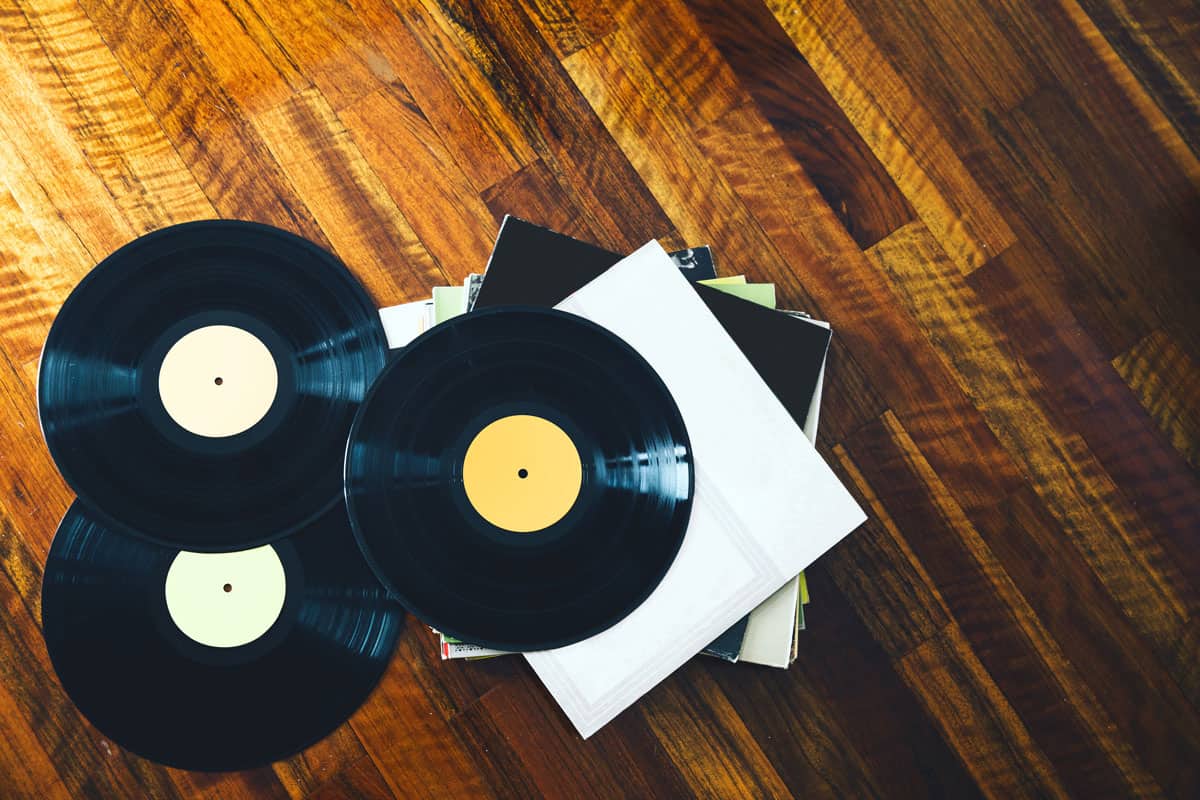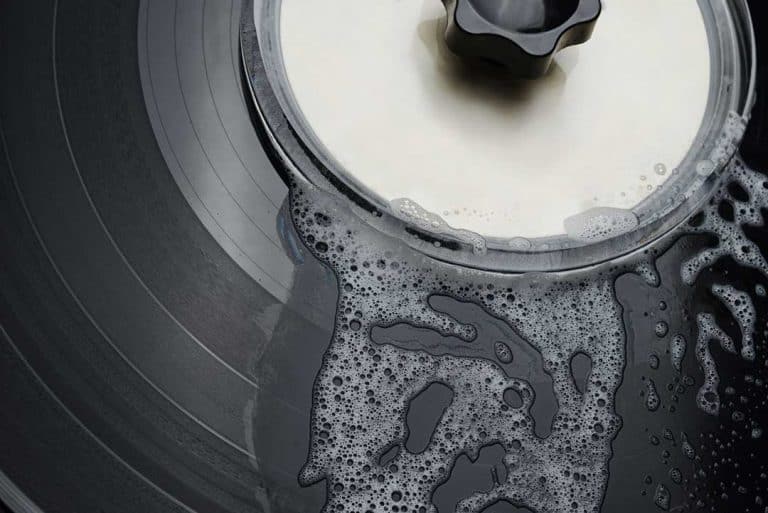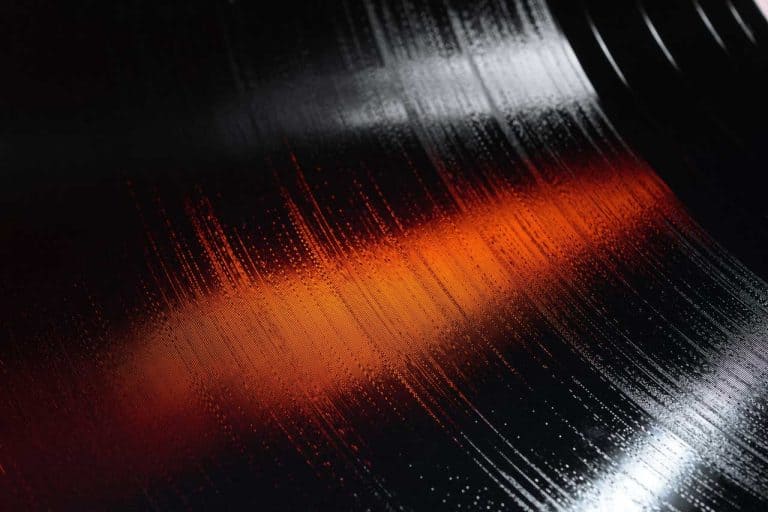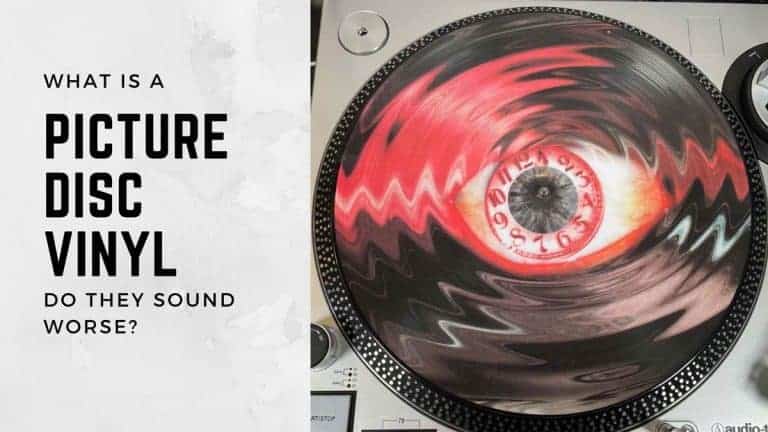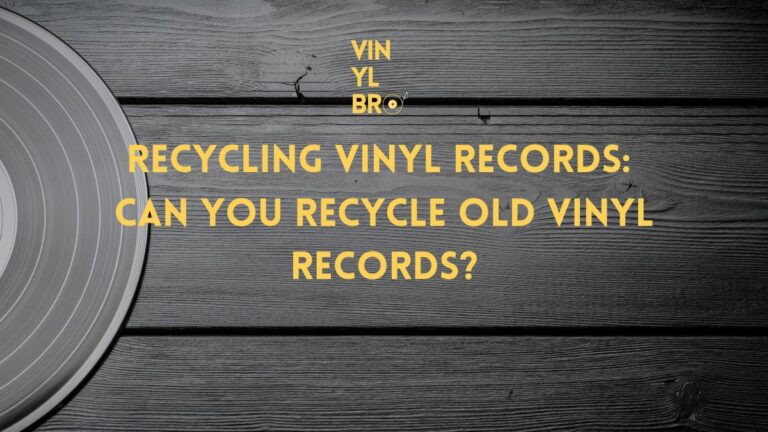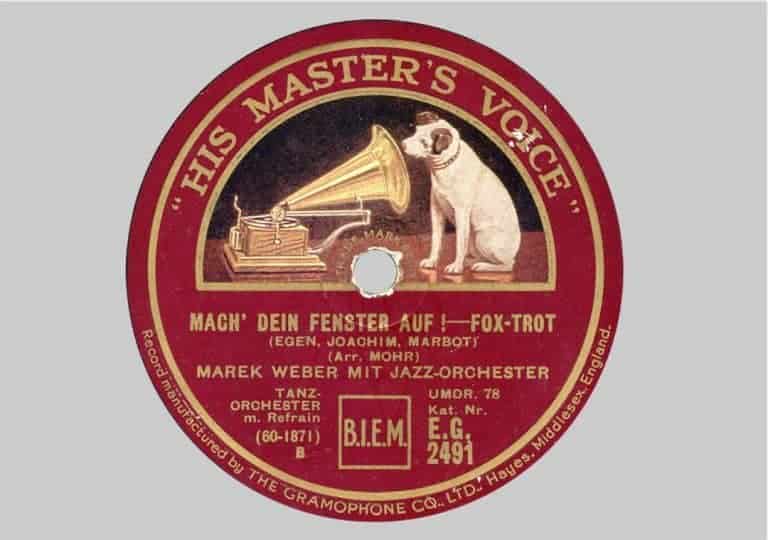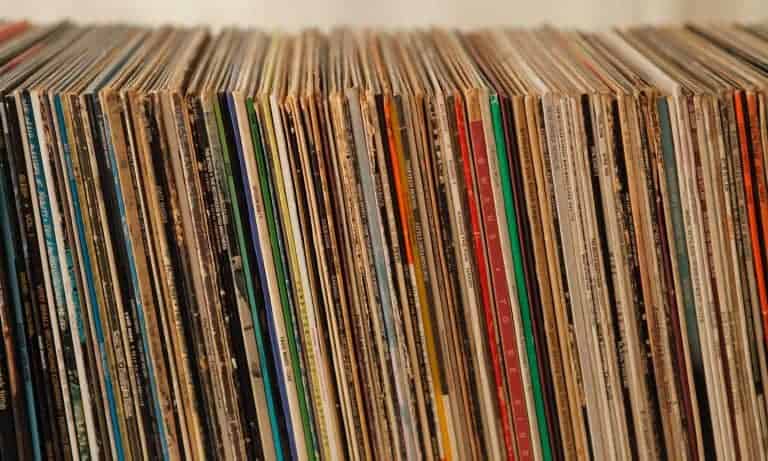Does Heat Ruin Vinyl Records? The Truth about Heat and Vinyl Warping
Every vinyl record owner knows the joy of possessing a treasured collection of music, the analog warmth, and the tactile satisfaction of holding a physical record in your hands. Yet, every vinyl enthusiast also understands the delicate care these items require. One of the biggest threats to your cherished vinyl collection is heat. It raises critical questions: Does heat ruin vinyl records? Does heat warp vinyl records? In this in-depth article, we will discuss these topics and more, providing you with comprehensive knowledge about how heat affects vinyl records.
So to directly answer the question “Does heat ruin vinyl records?” – Heat can indeed ruin and warp vinyl records. Records become malleable at high temperatures, leading to warping and distortion of the flat surface, which can cause playback issues or render the record unplayable. This warping is a result of non-uniform thermal expansion and contraction of the vinyl material. Additionally, the sound quality can be significantly affected as the record’s grooves, which represent the sound waves of the music, get distorted.
We’ve established that heat can wreak havoc on your precious vinyl collection, but did you know there’s so much more to this story? Understanding how and why heat affects vinyl records, the precise temperature thresholds to avoid, and the science behind the warping could make all the difference between enjoying your records for years to come or watching them turn into unfortunate, unplayable decorations. Not only will we delve into these fascinating details, but we’re also sharing practical, proven strategies for safeguarding your records from heat damage. So, let’s turn up the ‘cool’ factor and dive deeper into how to keep your vinyl spinning smoothly no matter what the thermometer reads!
Does Heat Ruin Vinyl Records?
Vinyl records, being plastic discs at their core, react to external conditions, especially temperature fluctuations. Excessive heat can have detrimental effects on your vinyl records. When exposed to high temperatures, vinyl records can soften and become malleable, leading to warping that distorts the flat surface of the record.
The deformation of the vinyl disc disrupts its structure and can result in several playback issues. These range from skipping and jumping tracks to an outright refusal to play. In severe cases, warping can inflict permanent damage, turning your favorite record into an unplayable frisbee. Therefore, it is indeed true that heat can ruin vinyl and can warp records.
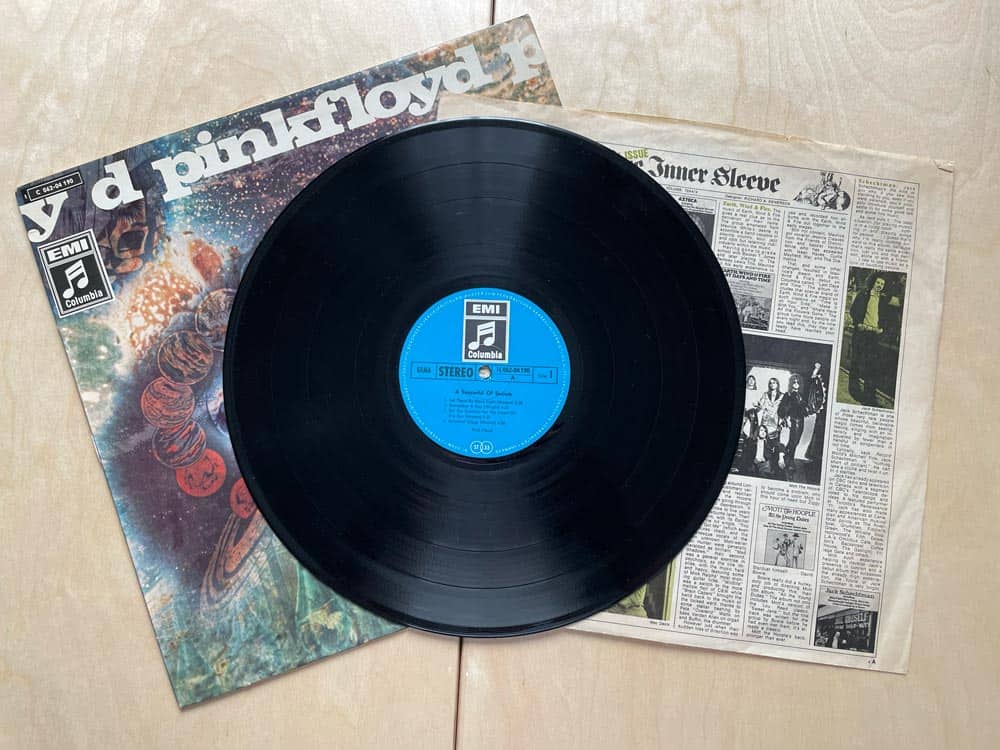
Does Heat Warp Vinyl Records?
Understanding why heat warps vinyl records requires a brief look into the material properties and manufacturing process of vinyl records. Vinyl records are composed of PVC (polyvinyl chloride), a type of plastic that softens when heated and solidifies when cooled. This characteristic is precisely why vinyl records are created using heat and pressure – the heat softens the PVC enough for grooves to be pressed into it, forming the unique sounds we know and love.
However, this attribute also poses risks. If a vinyl record is exposed to high temperatures after production, the PVC can re-soften and start to lose its original flat shape. Once the vinyl cools down, it hardens again, but if the record has changed shape while it was hot (due to bending or warping), it will maintain this altered shape when it cools. This process explains how heat warps vinyl records.
The Science Behind Vinyl Warping
You might wonder why the vinyl record doesn’t just revert back to its original flat shape once it cools down. The answer lies in the scientific principle of thermal expansion and contraction. As the vinyl heats up, its molecules gain energy and vibrate more vigorously, causing it to expand. If this expansion isn’t uniformly applied to the entire record (which can be the case if the heat source is uneven, or if parts of the record are under different amounts of stress), warping can occur.
When the record cools down and the molecules lose energy, they contract. But because the record may have been warped during the expansion phase, the contraction doesn’t result in a return to the original shape. Instead, the record retains the warped shape. Read our article if you want to learn about how vinyl records are made, this would help better understand why.
The Impact of Heat on Sound Quality
Heat doesn’t just affect the physical shape of vinyl records; it can also significantly impact the sound quality. The grooves in a vinyl record are precisely shaped to represent the sound waves of the music. When these grooves are distorted by warping, the stylus (or needle) can’t accurately follow them, leading to a host of playback issues. This can also lead to pitting or bubbling of the vinyl grooves.
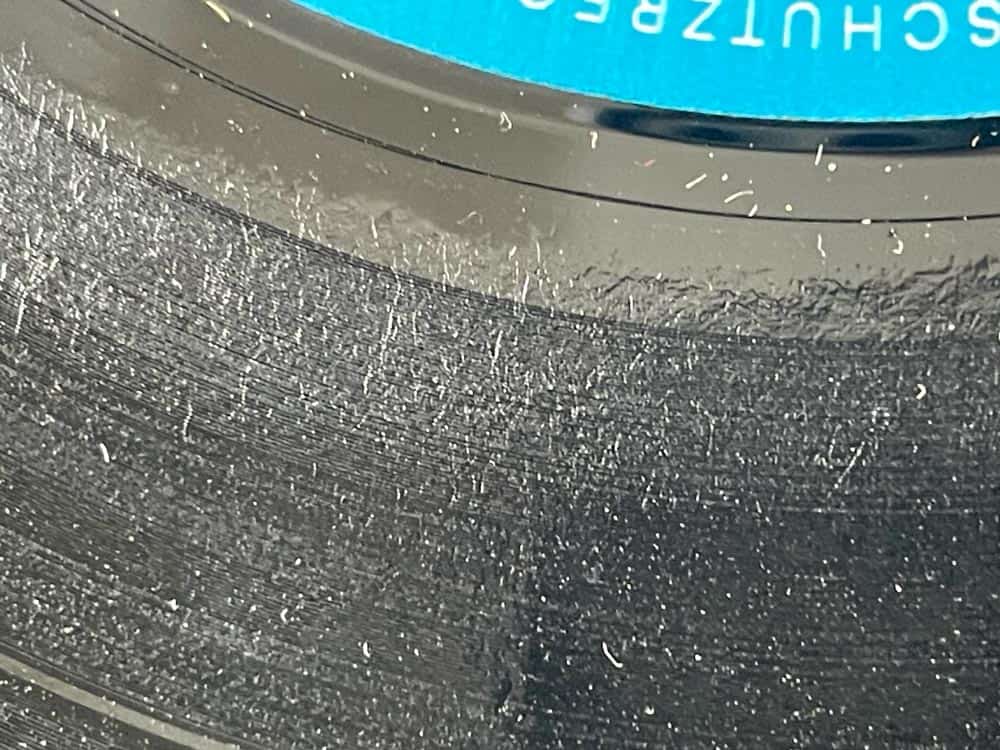
The stylus might skip over parts of the groove, leading to jumps in the music. Or it might lose contact with the groove entirely, causing the record to skip. In severe cases, the stylus might not be able to track the groove at all, rendering the record unplayable.
Impact of Temperature on Vinyl Records
So you may be asking “What temperature do vinyl records get damaged?” – For optimal care, keep your vinyl records at a comfortable room temperature, ideally between 65°F and 70°F. Be aware, however, that as temperatures rise, so does the risk to your records. At a threshold of 140-160°F, your records may begin to warp.
If temperatures soar to 212°F or over, this could even result in the melting of your vinyl records. Conversely, extremely cold conditions pose a threat too. Should temperatures dip below 0°C, your records could become brittle and are at risk of breaking easily. Ensuring your records stay within the safe temperature range will help to preserve their longevity and sound quality.
Will Vinyl Records Melt in a Hot Garage?
While a garage might seem like a handy storage space for your growing vinyl collection, it may not be the safest option, particularly during the hotter months. Temperatures inside a garage can rise significantly, especially if it’s not insulated or ventilated properly. If temperatures soar over 140°F, your beloved records can start to warp. Even more concerning, if the temperature reaches or exceeds 212°F, your vinyl records could start to melt.
Remember that vinyl records are made of polyvinyl chloride (PVC), a material sensitive to heat. In an environment like a hot garage, the potential for heat damage is high. To keep your records in the best shape possible, it’s recommended to store them in a cool, dry place where temperatures are stable and don’t exceed room temperature. By being mindful of storage conditions, you can help preserve your vinyl records and enjoy their unique sound for years to come.
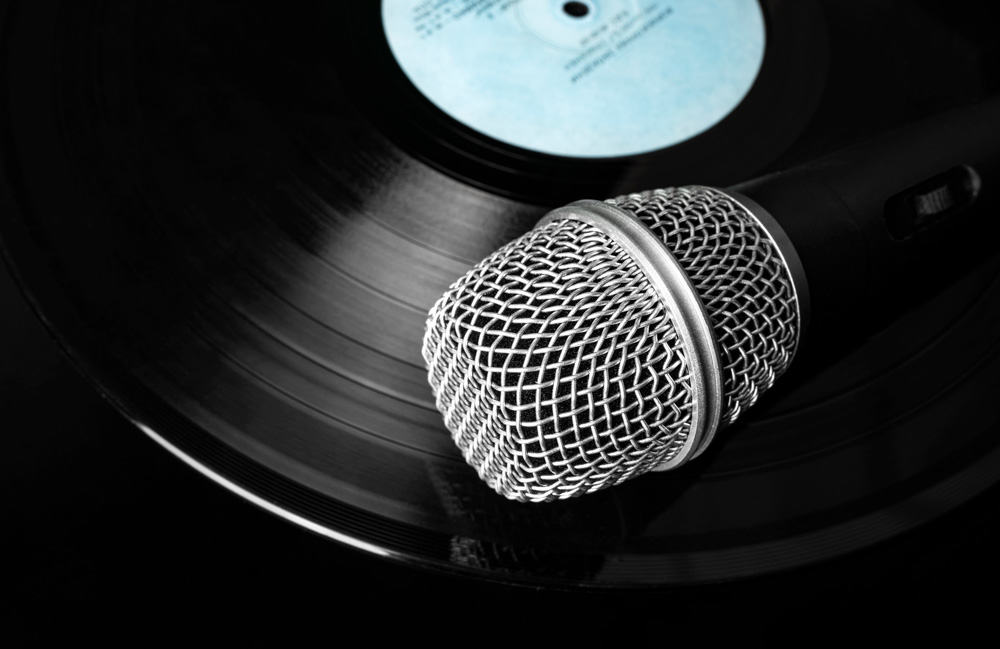
Protecting Your Vinyl Records from Heat
Given the potential damage heat can cause, it’s vital to understand how to protect your vinyl records from such threats. Here are some steps to safeguard your collection:
1. Store in a Cool, Dry Place: Keep your vinyl records in a cool, dry place, away from direct sunlight or heat sources such as radiators or electronics. Maintaining a stable, moderate temperature is key to long-term vinyl health.
2. Vertical Storage: Store your records vertically. Horizontal stacking can cause warping even in the absence of excessive heat, as the weight of the records pressing down on each other can lead to deformation.
3. Use Protective Sleeves: Invest in high-quality inner sleeves to protect your records. Poly-lined paper sleeves or anti-static sleeves can provide an additional layer of protection, shielding your vinyl from dust and minor temperature variations.
4. Never Leave Records in the Car: Cars can heat up rapidly, making them hazardous for vinyl records. If you need to transport your records, do it during the coolest parts of the day and never leave them in the car for prolonged periods.
5. Handle with Care: Always handle your vinyl records with clean hands, and touch only the edges and the labeled area to avoid adding unnecessary heat from your hands to the vinyl surface.
6. Invest in Quality Record Storage: Customized storage solutions designed for vinyl records can provide the right support and protection, keeping your collection safe from various environmental factors, including heat.
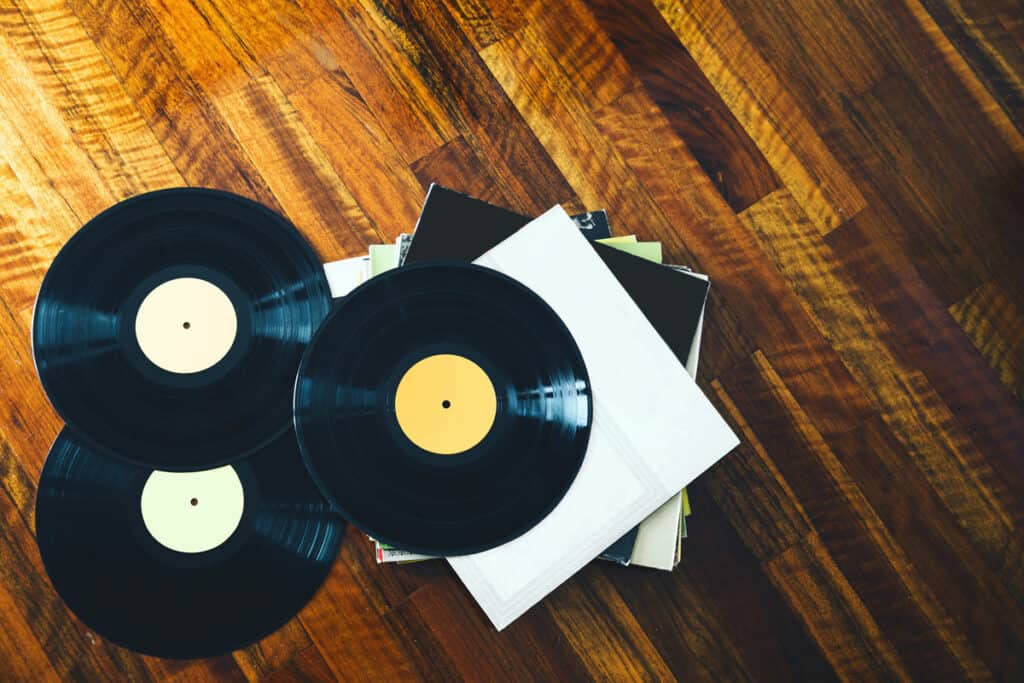
In conclusion, the detrimental impact of heat on vinyl records is a real concern for vinyl collectors. Heat can cause irreversible damage in the form of warping, affecting the sound quality and playability of the records. However, with proper handling and storage practices, your vinyl collection can be effectively shielded from the adverse effects of heat.
Remember, vinyl records are more than just carriers of music. They are cherished possessions that reflect our personalities and preferences. For some, they represent pieces of art, historical markers, or symbols of cultural significance. Therefore, they deserve our utmost care and preservation efforts.

